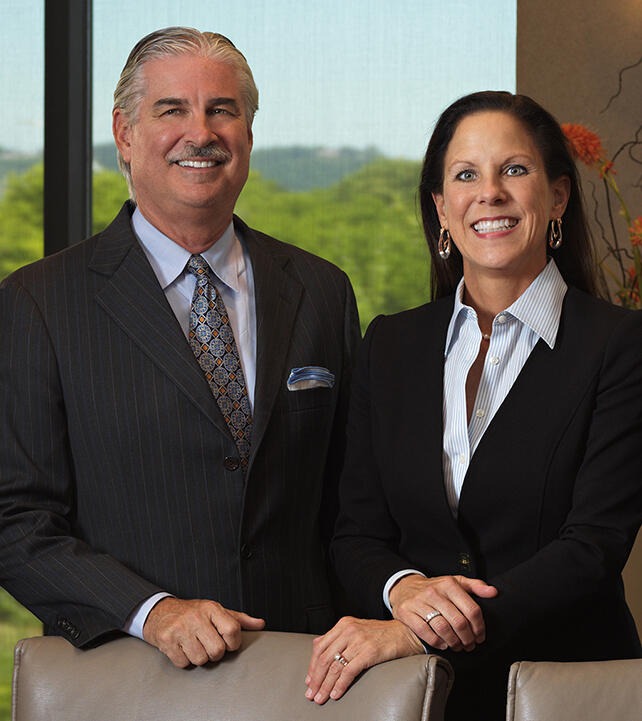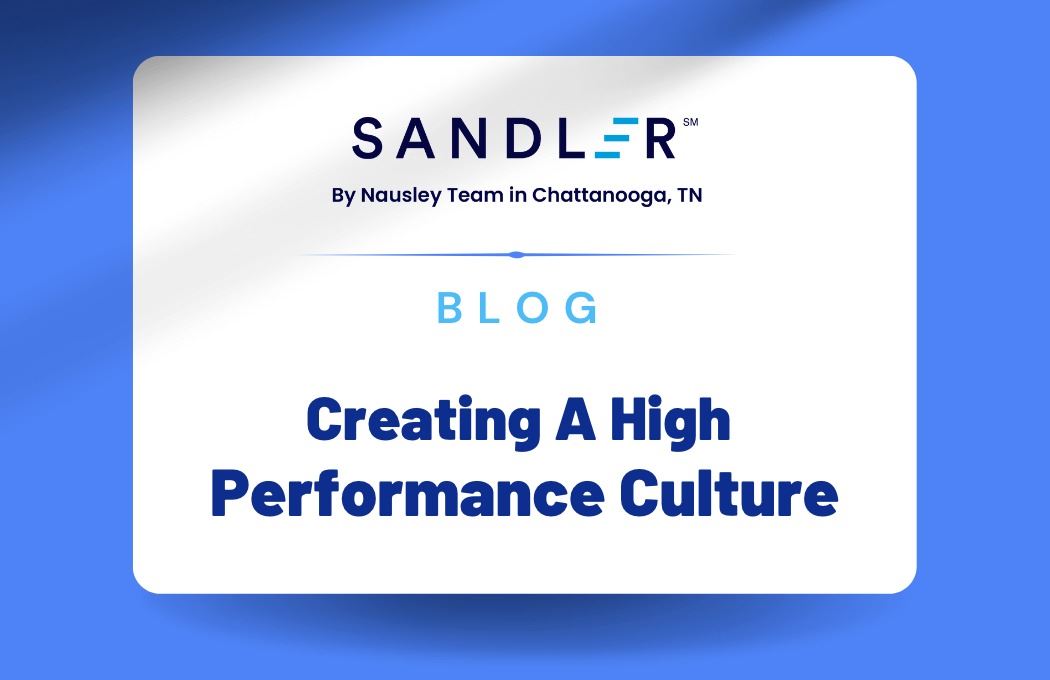There are certain foundational aspects that must be in place if your company is going to be as highly effective, efficient, and as profitable as it can be. One of those things, in my opinion, is to have a culture of accountability. In our 40+ years of running media companies, training, coaching, and providing executive coaching we have NEVER seen a company realize its full potential without a culture of accountability.
Accountability doesn’t just happen because we want it to. There is a famous quote by Aristotle, “Excellence is never an accident. It is always the result of high intention, sincere effort and intelligent execution; it represents the wise choice of many alternatives – choice, not chance, determines your destiny.” Therefore, accountability that drives high performance is merely a choice we must make… intentionally.
It can be argued that Bill Belichick of the New England Patriots and Nick Saban of Alabama are two of the most successful football coaches the game has ever seen. With all the success both have enjoyed separately many do not realize those two have a common history dating back to the early 1980’s and have remained close for decades.
They share a very simple mantra that they preach to their players, and have signs up in the locker room, at the practice field, and at the stadium. What’s that mantra? “Do Your Job”. Their belief is, if everyone does what they are supposed to do…we win! The only problem is the player, every player, has to understand exactly what their role is, and what are the key performance metrics that are being used to evaluate them. What is meeting expectations? What is exceeding expectations? What is NOT meeting expectations?
It's not as simple as saying that if they are getting results then they are meeting expectations. If that is our measurement, then we are forever “stuck” in what the majority of leaders do…reactive leadership. Running from one fire to the next, being the superhero that saves the day rather than creating a workforce that is learning to operate at a high level with autonomy. In other words, being a proactive leader who puts their team in the best possible position to excel consistently. And in doing so avoids a great many of the pitfalls and problems the reactive leader spends his/her day dealing with.
Have you identified the 3 to 6 leading indicator activities/behaviors that each role is responsible for the success of that drive in your organization? Are those things 100% in control of the individual in that role? P.S. It’s unfair to hold them accountable for things that are not. Are you taking the steps necessary to create a high-performance culture of accountability?
If not, why not? Do your job!

Dan and Lisa Nausley
Lisa & Dan Nausley of Sandler Chattanooga have developed extensive Sales Mastery and Management Programs after more than a decade of training and coaching exceptional teams across the country in sales, leadership, and executive coaching.






